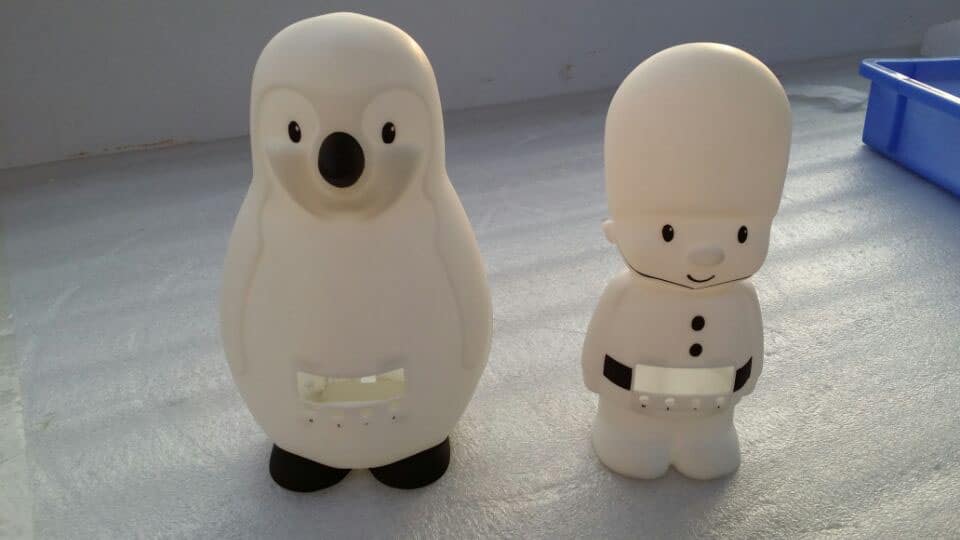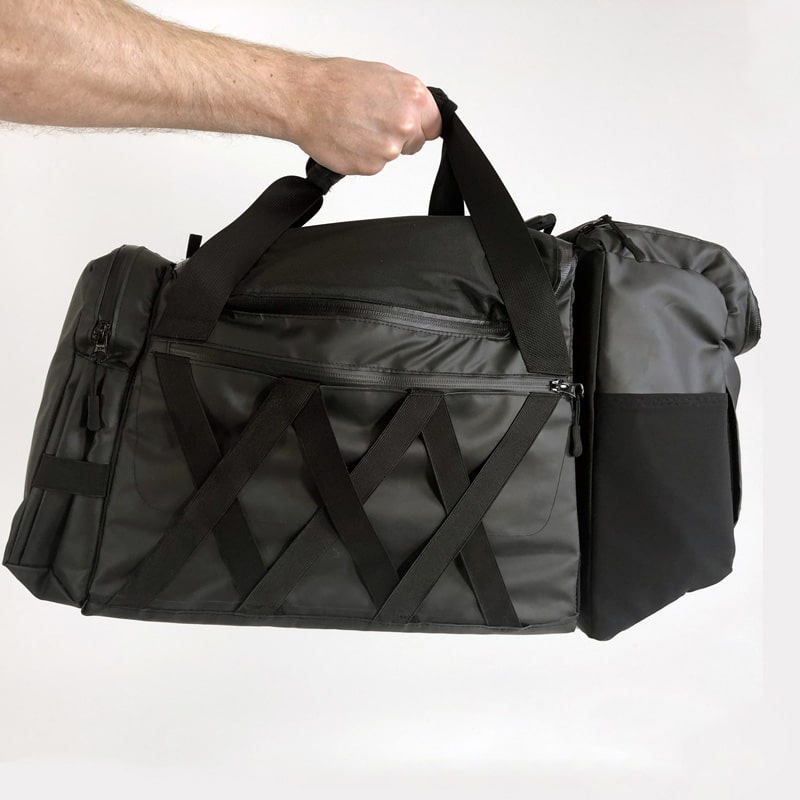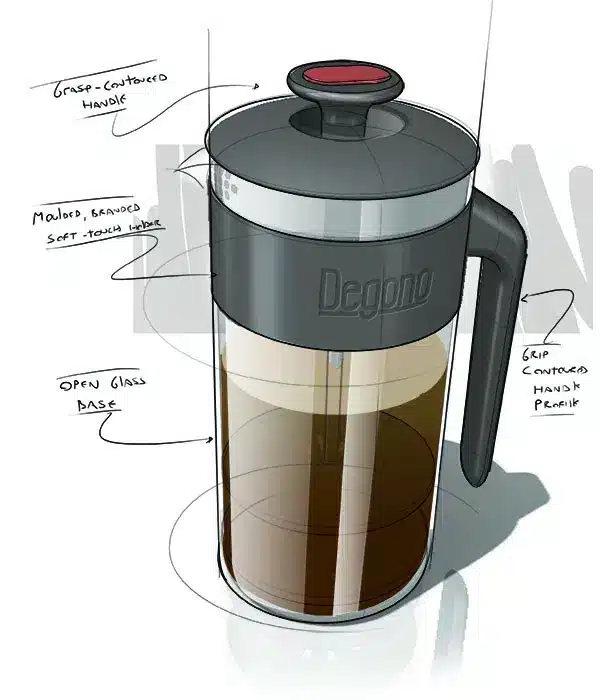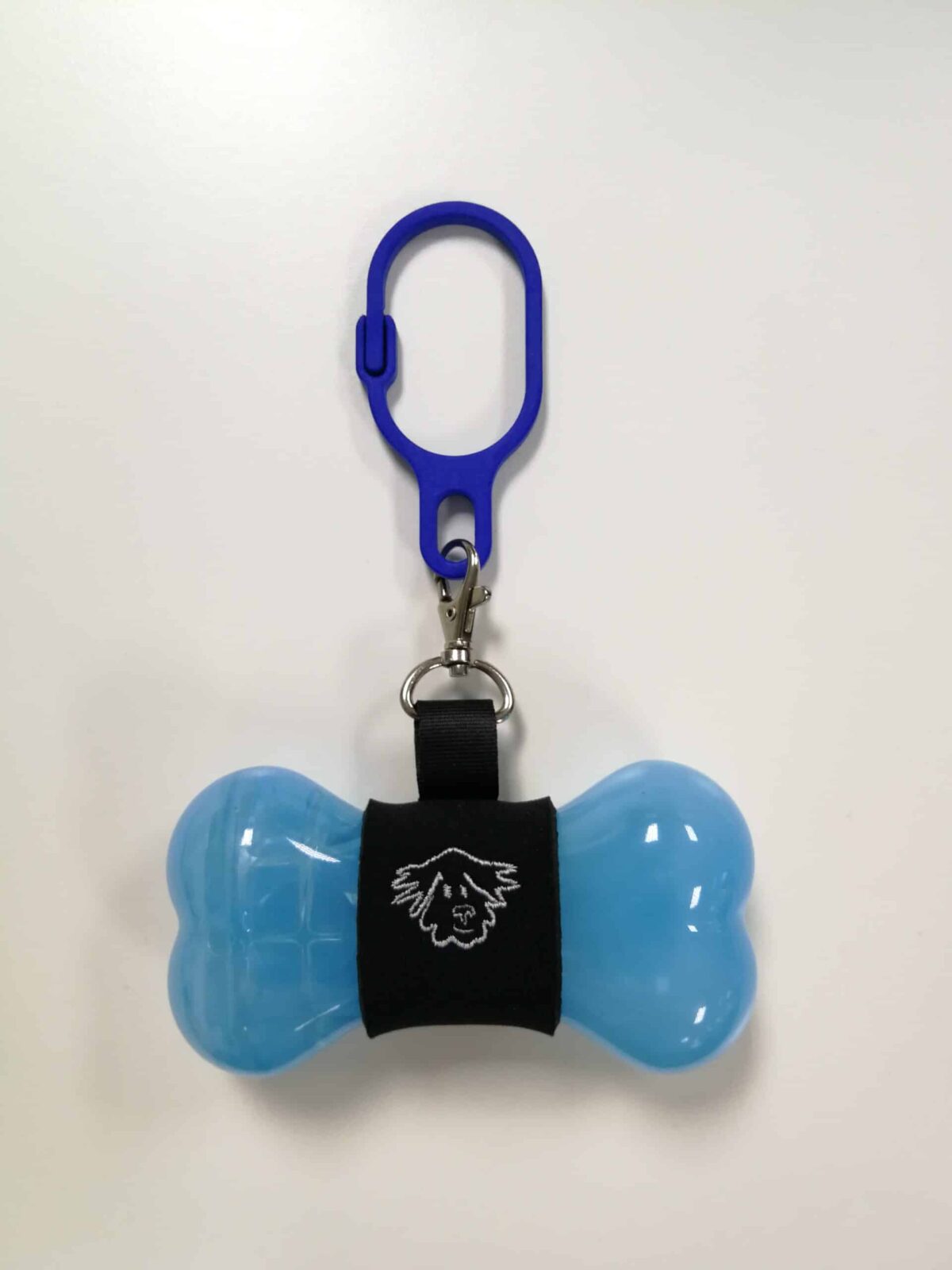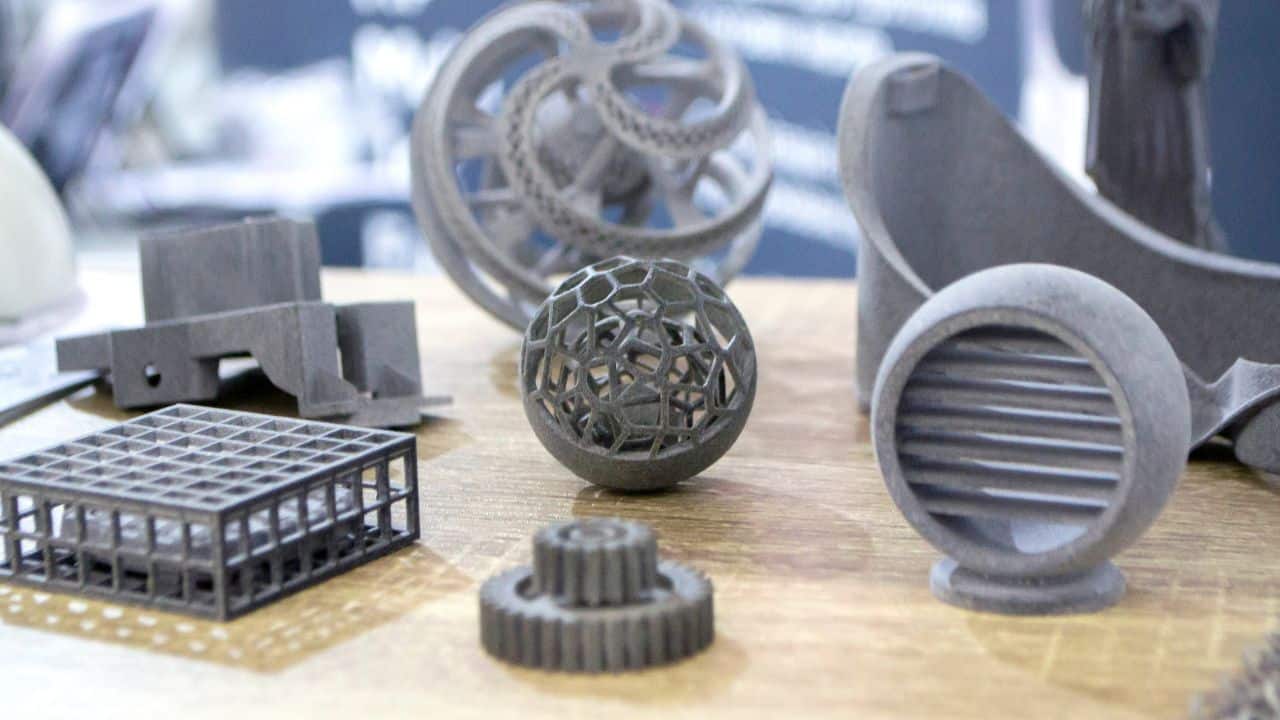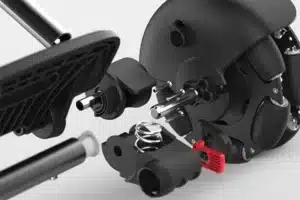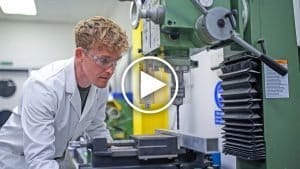Prototyping
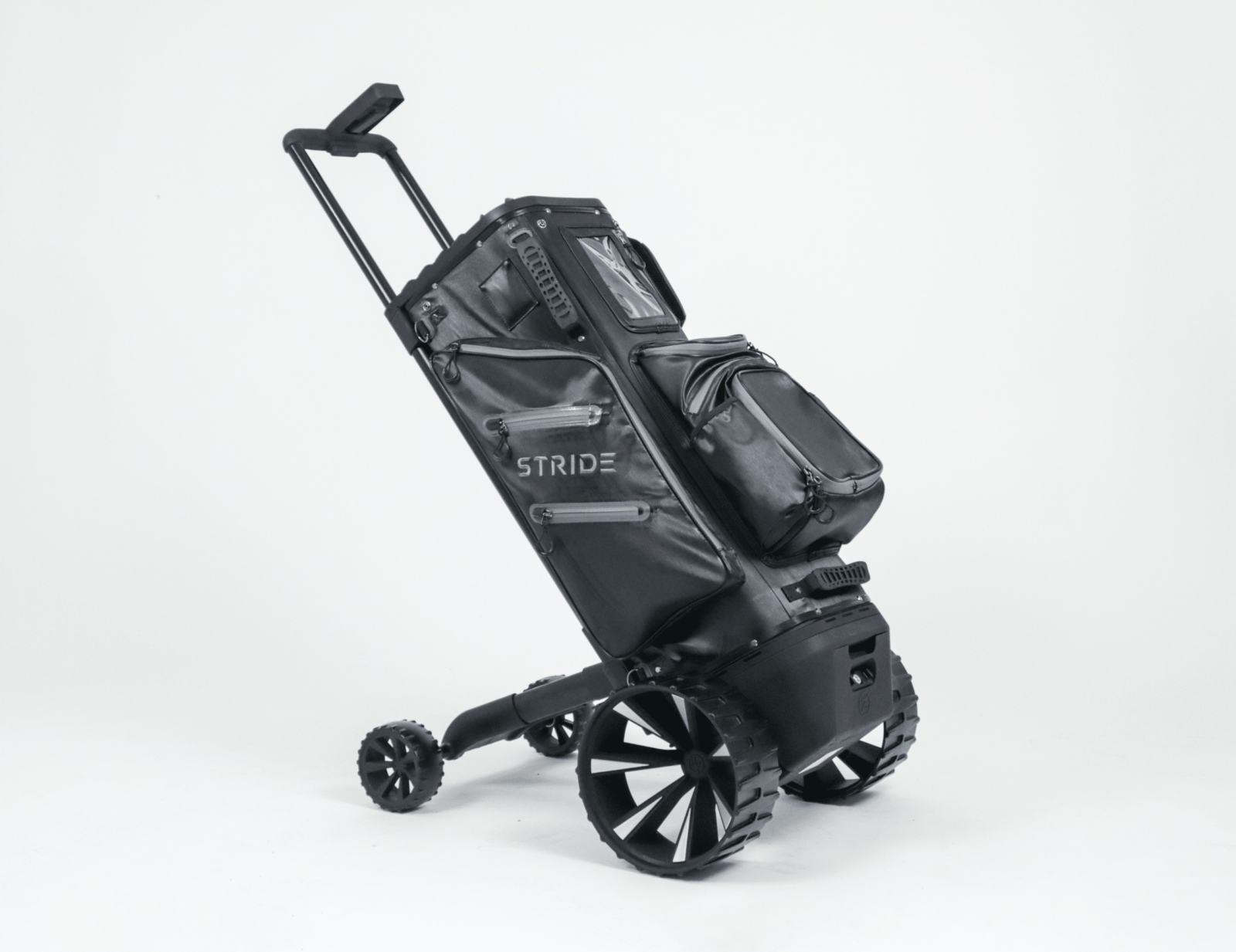
Prototyping Services
Prototyping plays a pivotal role in the journey of product design and development, ensuring that innovative ideas evolve into tangible, functional, and market-ready products. This process serves as a crucial bridge between concept and reality. At D2M, we offer a range of prototyping services to cater to various needs, each contributing to the refinement and advancement of your product design.
Reduced Risk of Costly Errors
Prototyping significantly reduces the risk of costly errors in the later stages of product development. By creating a tangible representation of your concept early on, you can identify design flaws, functional issues, or usability concerns before committing to full-scale production. This early error detection allows for timely adjustments and refinements, ultimately saving time and resources. Prototyping serves as a valuable risk mitigation tool, ensuring that your final product is well-considered and optimised for success.

Enhanced User-Centric Design
Prototyping facilitates a user-centric approach to product development. It enables you to engage with end-users, gather feedback, and incorporate their insights into the design process. By testing your prototype with real users, you gain valuable insights into their preferences, pain points, and needs. This iterative feedback loop ensures that your final product is not only functional but also user-friendly and aligned with market expectations. Prototyping empowers you to create products that resonate with your target audience, leading to higher customer satisfaction and market adoption.
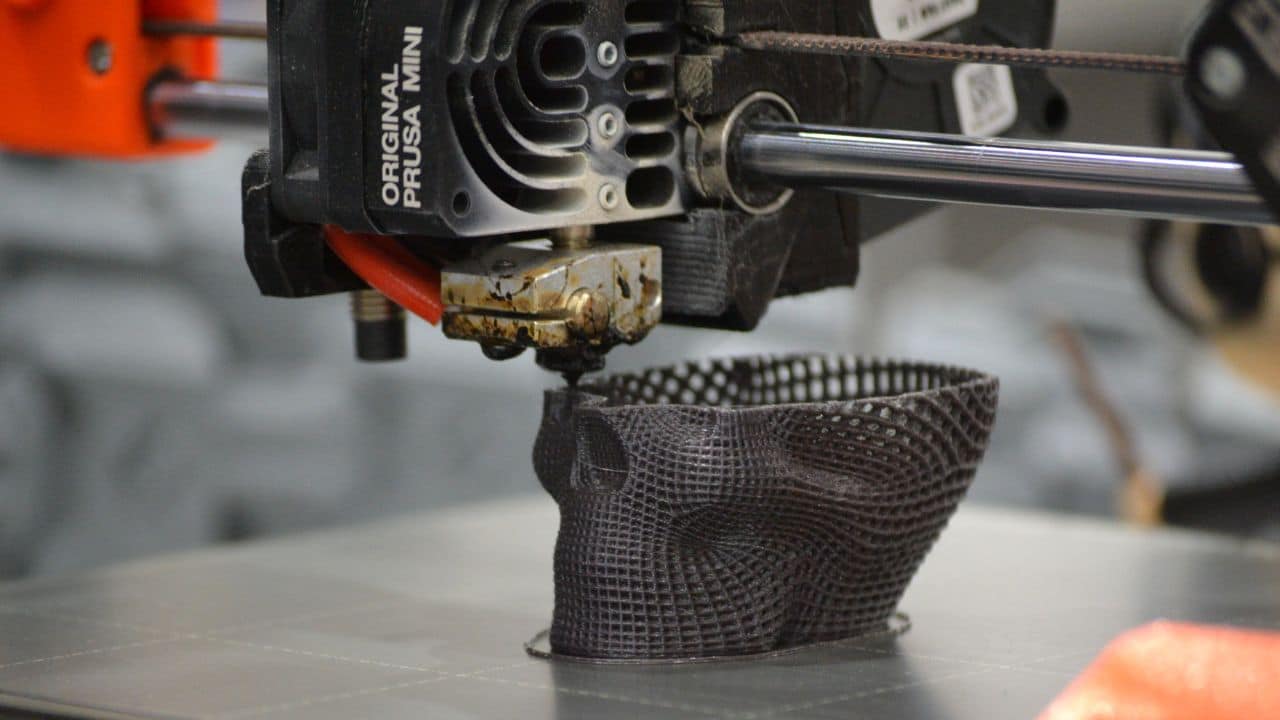
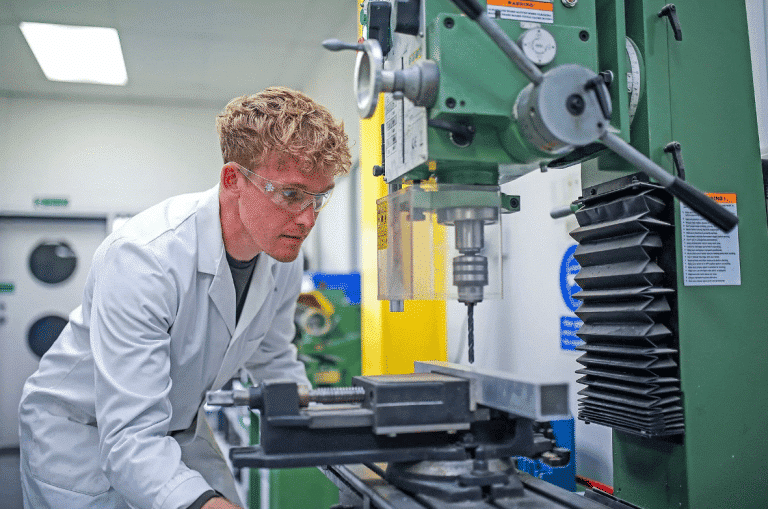
Accelerated Time-to-Market
Time-to-market is a critical factor in the success of any product. Prototyping expedites the development process by allowing you to create a Minimum Viable Product (MVP) quickly. An MVP includes the essential features and functionalities required for initial testing and market entry, omitting non-essential elements. By focusing on core aspects and bypassing extensive development cycles, you can bring your product to market faster. This accelerated timeline provides a competitive edge, as you can respond to market demands and trends more swiftly than competitors who may follow traditional, time-consuming development paths. A shorter time-to-market can lead to a significant advantage in capturing market share and generating revenue.
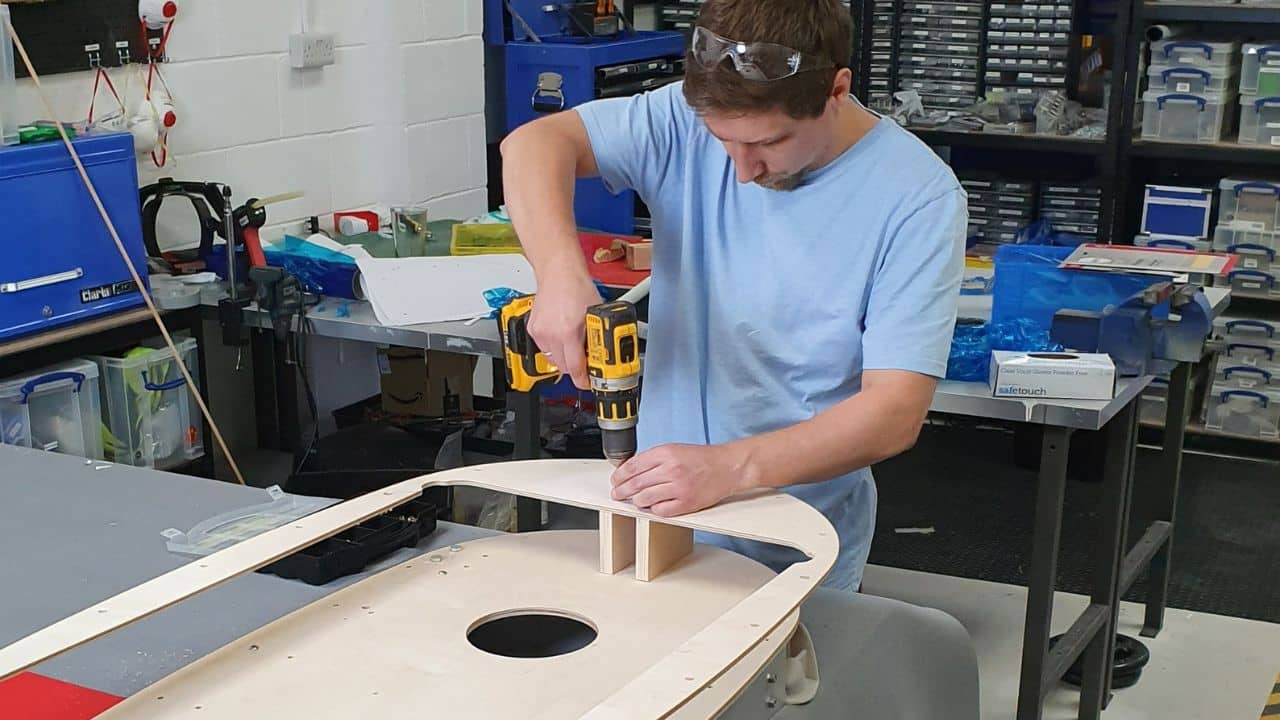
FAQs
What is prototype manufacturing?
Prototype manufacturing is the process of producing a limited number of prototypes or sample versions of a product to test and evaluate its design, functionality, and performance before mass production. These prototypes are created to validate and refine the product concept and design.
What are the different methods used in prototype manufacturing?
There are several methods used in prototype manufacturing, depending on the complexity of the product and the materials involved. Some common methods include:
- 3D Printing: This method involves creating prototypes layer by layer from digital designs. It’s suitable for a wide range of materials and is ideal for creating complex, customised prototypes quickly.
- CNC Machining: Computer Numerical Control (CNC) machining uses computer-controlled tools to cut, mill, or shape materials into the desired prototype shape. It’s precise and can work with various materials, including metals and plastics.
- Sheet Metal Fabrication: This method involves cutting, bending, and assembling sheet metal to create prototypes for products like enclosures or brackets.
- Casting: Casting processes are sometimes used to create metal prototypes. These processes are suitable for producing prototypes with high precision and complex geometries.
How does prototype manufacturing differ from full-scale production?
Prototype manufacturing differs from full-scale production primarily in terms of scale and purpose. While prototype manufacturing aims to create a limited number of sample units for testing, evaluation, and refinement, full-scale production involves mass-producing a product in larger quantities for commercial distribution. Prototype manufacturing focuses on proving the concept and design, identifying potential issues, and making improvements before committing to large-scale production.
How do you determine the right materials and processes for a specific prototype?
A product prototype is a physical, tangible model or sample of a product that represents its design and functionality. It serves as a proof of concept and allows designers, engineers, and stakeholders to visually and physically interact with the product before it goes into full-scale production. Product prototypes are used to validate the design, test functionality, identify potential issues, and gather feedback from users and clients. They come in various levels of fidelity, from simple visual models to fully functional prototypes, depending on the stage of product development and the goals of the prototyping process.
What is a product prototype?
A product prototype is a physical, tangible model or sample of a product that represents its design and functionality. It serves as a proof of concept and allows designers, engineers, and stakeholders to visually and physically interact with the product before it goes into full-scale production. Product prototypes are used to validate the design, test functionality, identify potential issues, and gather feedback from users and clients. They come in various levels of fidelity, from simple visual models to fully functional prototypes, depending on the stage of product development and the goals of the prototyping process.
Overview of Prototyping
One fundamental stage in this process involves the creation of a Mark 1 Prototype. This prototype brings your concept to life as a whole product, allowing for comprehensive testing and user feedback. It is made from the intended materials, providing a realistic experience for users and enabling them to visualise the final product. The Mark 1 Prototype serves as a critical checkpoint for functionality and aesthetics, ensuring that your design aligns with your vision.
Another essential service is Further Prototyping, which follows the Mark 1 Prototype stage. Further Prototyping is a necessary step for refining the design based on user feedback and testing. It involves building and testing the refined design, aiming to make the product market-ready. This phase ensures that any modifications or enhancements are thoroughly tested before progressing to full-scale manufacturing.
In addition to these stages, we offer a unique Proof of Principle Prototyping service. This service focuses on validating the core functionalities of your innovation, ensuring that fundamental mechanisms and ergonomics are sound. It provides a cost-effective approach to testing and confirming the feasibility of your concept in real-world scenarios.
Moreover, Prototype Modifications serve as a cost-effective alternative to creating entirely new prototypes. In this stage, changes and refinements are made to specific parts of the design based on user feedback. Modifications can involve tweaking parts or redesigning them, all aimed at improving the overall design and functionality of the product without the need for a complete reassembly.
Prototyping is an iterative process that acknowledges the evolving nature of product development. While each of these services contributes significantly to your product’s refinement, it’s essential to understand that perfection is not guaranteed. However, the goal is to progress towards a commercially viable and market-ready product while considering factors like production costs, manufacturing constraints, and market expectations.
Before engaging in any of these prototyping services, having a well-documented and tested initial prototype, along with comprehensive feedback, is crucial. This feedback is used to create a Design for Prototype that outlines material choices, design changes, preliminary colour choices, and overall dimensions. This document becomes the foundation for the subsequent stages of prototyping.
Depending on the functionality and feedback received, your project may require additional design stages or further prototypes. Alternatively, if aesthetics play a significant role, you can transition to styling and branding stages to enhance the product’s visual appeal. This efficient progression can lead to the manufacturing phase, where your product becomes a reality.
In conclusion, our suite of prototyping services at D2M is designed to help innovators and product developers transform their concepts into successful, market-ready products. Whether you need to create a Mark 1 Prototype, further refine your design, validate core functionalities, or make modifications, our experienced team is equipped to guide you through every step of the process. Your journey from concept to reality begins with effective prototyping.
